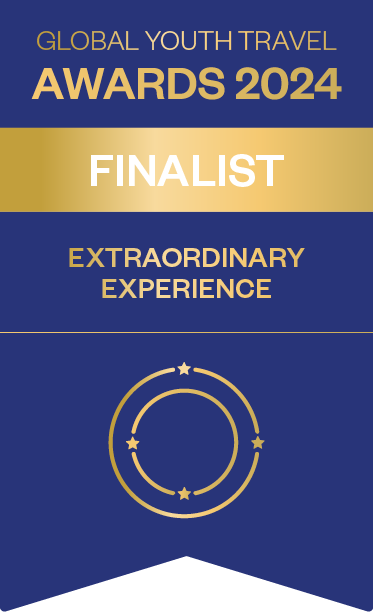“It’s so easy to feel insignificant at home. But here I could see the positive impact I was making.”
Home | Project Impact |
It is young people from all over the world who deliver Raleigh’s work; young people volunteering their time and energies. We work with young people, equipping them with the skills, confidence and experiences they need to be empowered, effective and energetic partners and leaders in development.
From Sustainable Development Goals, to the inequalities between developed and developing countries, 21-year-old Alex discusses his motivations, experiences and learnings from his recent Expedition in Tanzania.
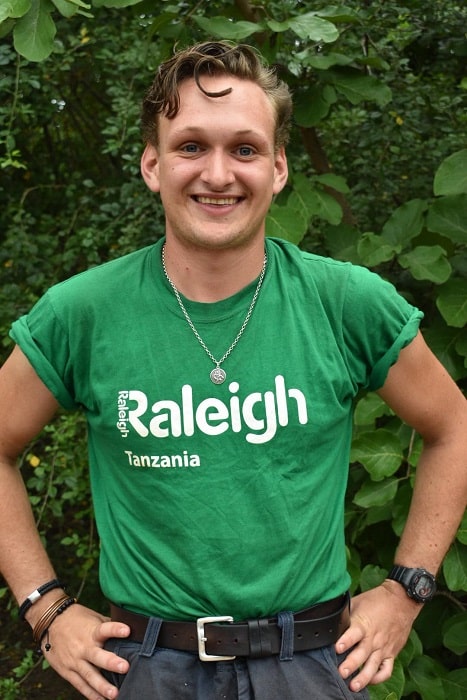
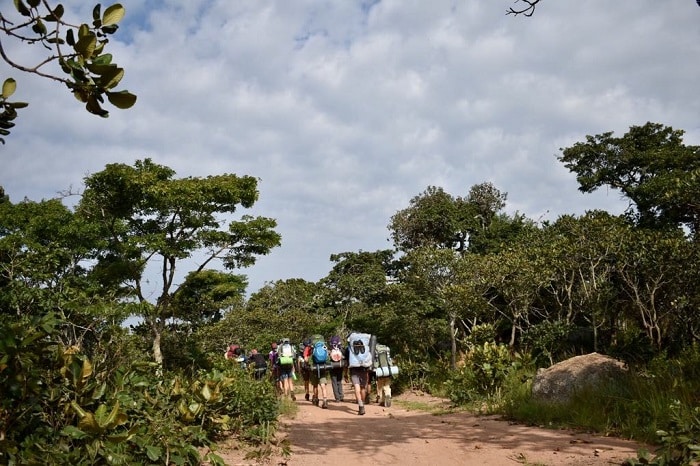
Motivations
Alex’s motivations for signing up to a Raleigh Expedition are multifaceted. When asked about his motivations he cited many experiences. “When I was 13 I went to Uganda on a family trip. Since then I have been struck by how African society’s outlook on life is completely different to our own. I was really inspired by the positivity of the people in Uganda.” With the support of his Tanzanian and international counterparts, during Alex’s time spent in Tanzania he found a way to satisfy his desire to contribute. “My main motivation for coming was to contribute to a local community to help to improve the lives of people who have been less fortunate than I have. At home, there’s always a doctor, electricity, running, clean water that’s safe to drink and food on the table. Here, people don’t always have that. I had a very brief experience of this when I was in Uganda.”

Contributing to the Sustainable Development Goals
In preparation for Expedition all volunteers attend a Development Weekend where they are exposed to the kind of environment they are likely to be living and working in and the global challenges Raleigh International seek to address. “I was already aware of the Sustainable Development Goals but they are not something which came up in my day-to-day life as a Digital Marketing Executive. At the Raleigh Development Weekend I learned about the SDGs and that helped me consolidate what I was going to do and how Expedition would be structured.”
“We all had a common goal”: Working collaboratively
Learning to approach situations in the way he felt confident and finding his own leadership style to overcome challenges the team faced, Alex learned to encourage people to work together to achieve what they have in common. “Raleigh helps you understand how to get along with people you don’t necessarily click with. However, we all had a common goal: to complete our project. This is what we had in common.”

Leadership
Leadership was a key development pillar for Alex and when he led the group he sought to create long-lasting impact in partnership with his team, “I developed my leadership by observing people who lead very well. I learned that the most effective day leadership is to lead by example. When I was day leader I tried to get involved in the worst jobs, the ones that would hit the morale of the people doing these jobs the most. On trek for example, if someone needed to get up half an hour early to put the fire on, I would get up and do it with them.”
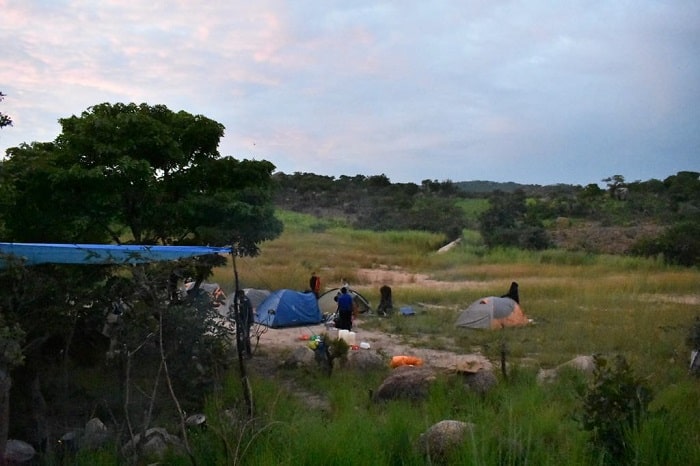
One of our Raleigh core values is Drive.
We have the grit, determination and resilience to get the job done. At one point on a WASH project in Muungano, a village in Dodoma region which Expedition team were working in, Alex, the fundi (engineer) and his team were debating the placement of the handwashing station which the team were building within the village. Unsure of how to conclude the best course of action, Alex recalled turning to one of the Deputy Operations Managers, Ffion, who was overseeing the expedition, “Ffion advised us to trust the fundi.” The team put their own thoughts to one side and followed the fundi’s advice, “before we knew it, the foundations were going in for a handwashing station.”
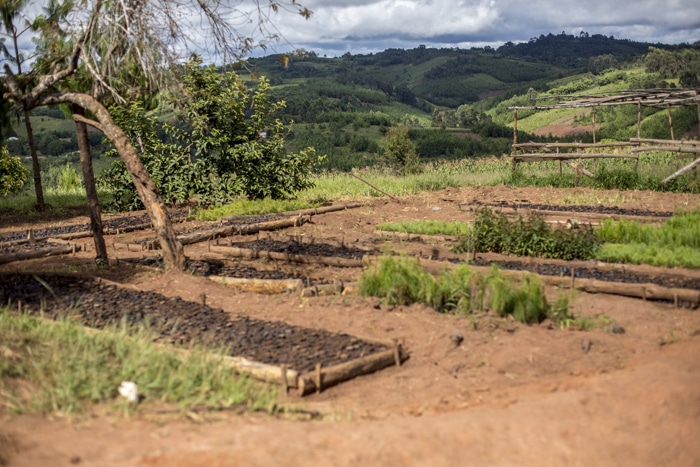
What next?
After Expedition Alex will begin studying Psychology at the University of the West of England. His time in Tanzania has consolidated this new direction for him. “The most valuable thing I’ve taken away from Raleigh is having the time and space to re-evaluate. In Tanzania I’ve thought about how I overcame difficult times in my life, how I’ve found that strength and why this has contributed to why I want to study psychology in the future. My experiences are what makes me interested in what I decide to do next. It’s so easy to feel insignificant at home. But here I could see the positive impact I was making.”
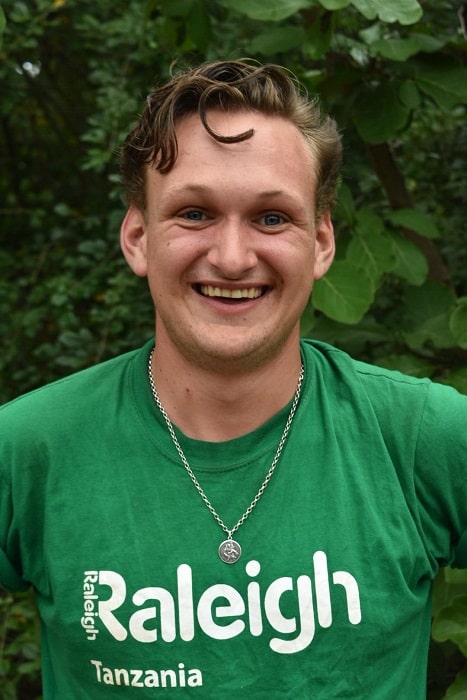
The role youth can play
By working side by side with marginalised communities, young people can improve the quality of services, increase inclusion and collaboration, empower communities to take social action, bring the spark of innovation and make sure that no-one is left behind.
Raleigh has seen that when young people work in partnership with all sectors of society, from rural communities to business and government, they can be powerful catalysts for change. Young people are ready to take ownership of what is happening in the world. To plan for the future and make a positive impact locally and globally. Young people are full of creativity, innovation and determination. Given the chance, they can be leaders at the heart of global change.
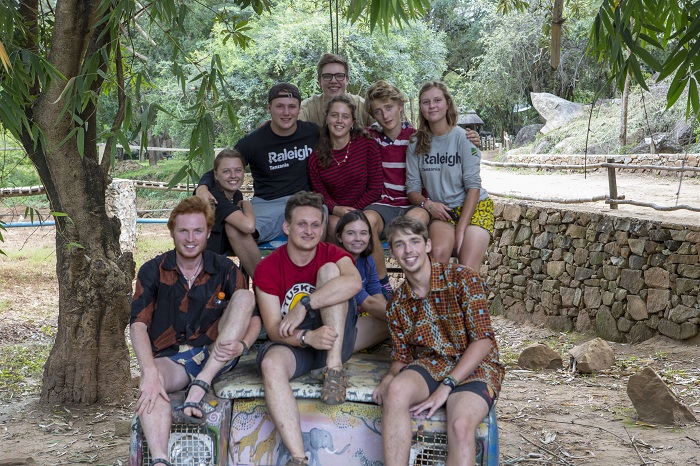
Interview and blog post by Communications Officer, Rebbie Webb. Images by Rebbie and Hilary, photographer.


